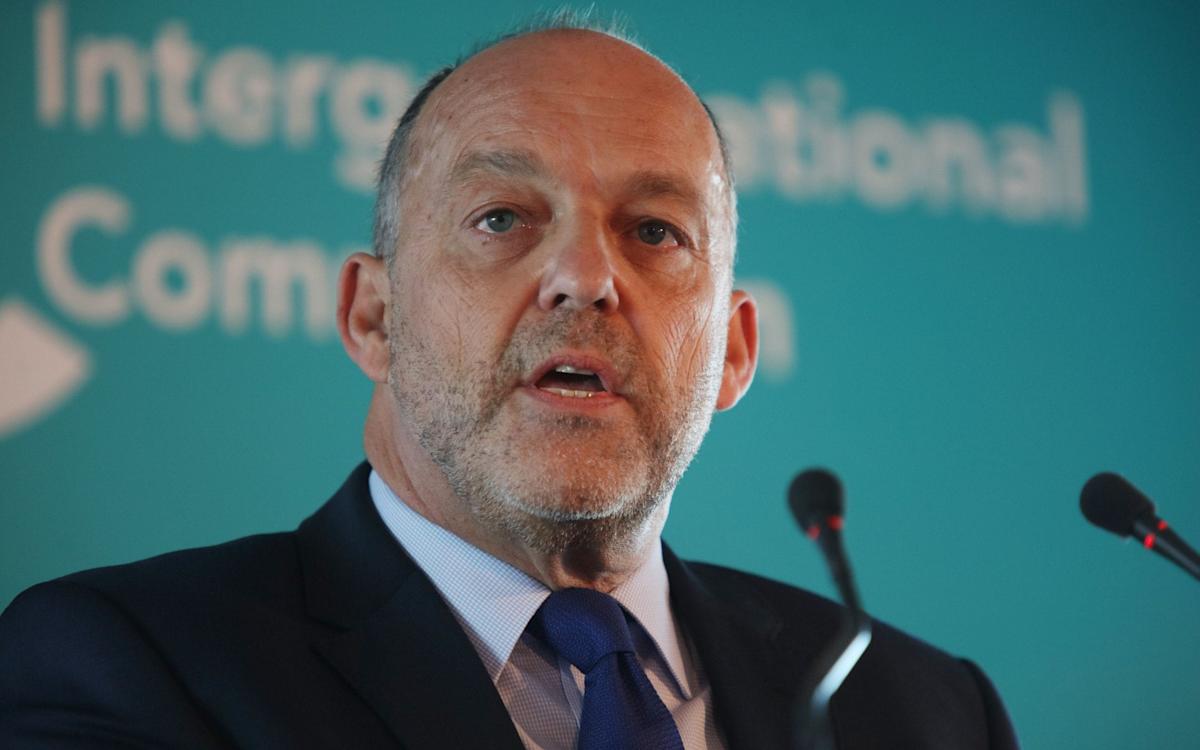Stop punishing the rich, Left-leaning think tank tells Labour
Labour must stop seeking ways to tax the rich, the founder of a Left-leaning think tank has warned as the Chancellor faces pressure to plug a black hole in the public finances at her November Budget.
The Resolution Foundation’s Sir Clive Cowdery said Britain needed to tackle a critical lack of productivity growth after two decades of stagnation in living standards.
He said: “Delivering meaningful and lasting improvements in the living standards of low-to-medium earners will require us to move beyond a narrow focus on how we might redistribute the economic pie – wages, access to public services – more in their favour.
“The overriding question facing Britain is not who should benefit from the spoils of growth but how we get back to having some spoils of growth to share.”
Sir Clive established the Resolution Foundation 20 years ago with the goal of improving working standards for disadvantaged families.
It has become a highly influential institution which, until last year, was run by Torsten Bell. Mr Bell is now a minister in the Treasury while other former staff work in Downing Street.
Sir Clive said the past 20 years had been bitterly disappointing in many ways.
He said: “Wages and thus household incomes have stagnated since we started this task. If trend growth in disposable household incomes we were experiencing in 2005 had simply continued – not even increased – then typical incomes would be £51,000.
“Instead, after a meagre 7pc growth over 20 years, typical incomes are at £31,000 today.”
At the same time, the gulf in productivity between the UK and economies such as America, France and Germany has widened while governments have ramped up taxes, spending and borrowing.
However, they have merely increased debt rather than improving satisfaction with public services.
Sir Clive said: “The next improvements in living standards will thus depend critically on economic growth, hard choices about the size of the state and a fair and stable distribution of power and taxation.”
The comments come as the Chancellor prepares to deliver a November Budget which is widely expected to include significant further increases in taxes.
Economists have warned that Rachel Reeves faces a black hole in her finances of between £20bn and £50bn, despite last year’s record-breaking tax raising announcements.
Disappointing growth combined with stubbornly high debt interest costs and about-turns on policies designed to save money have all hit her financial headroom.
Weak productivity will also prove critical amid fears the Office for Budget Responsibility will downgrade its forecast for growth, which will in turn hit its predictions for future tax receipts.


